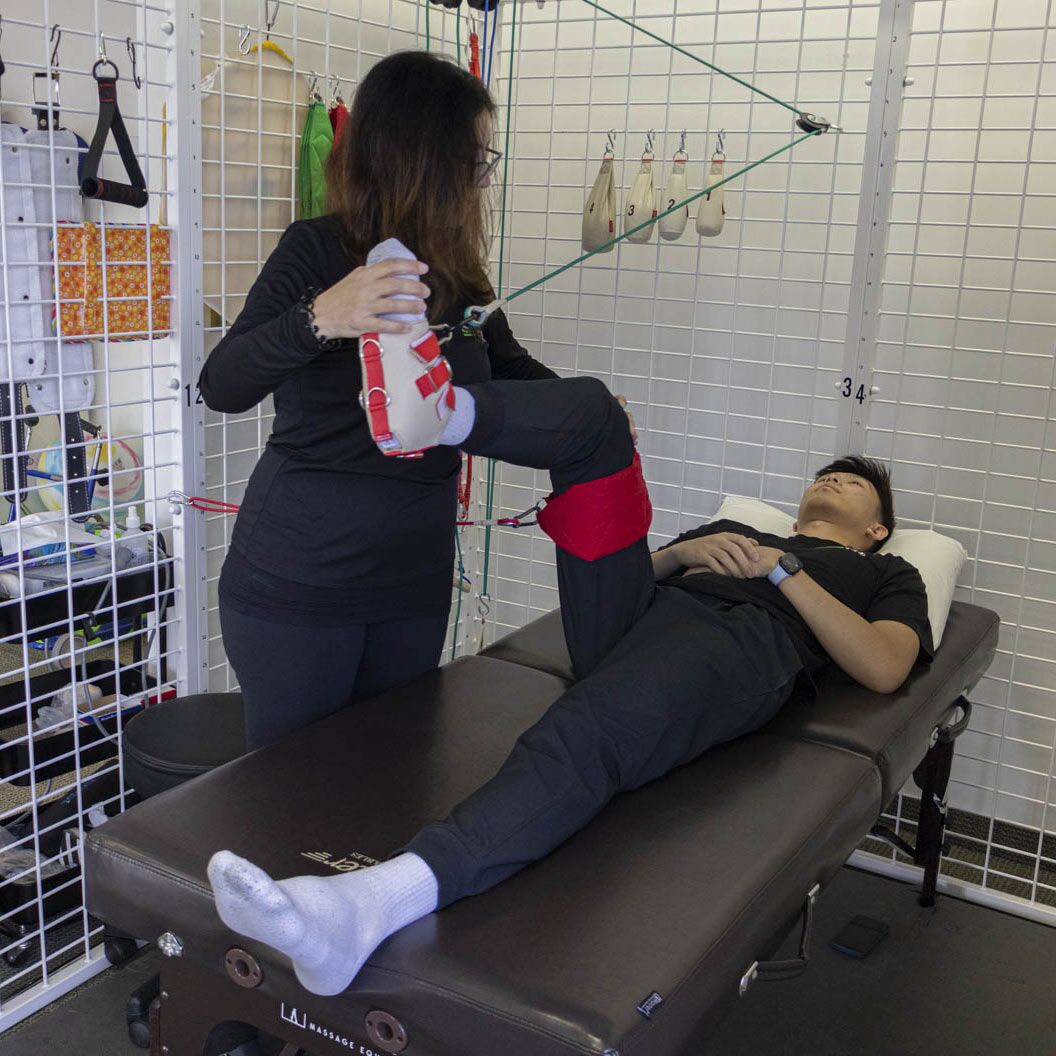Applying Cognitive Fortitude to Improve Gains in Athletic Therapy
Wiki Article
Cognitive toughness is an important attribute that can greatly elevate performance in athletic recovery. Sportspeople often grapple with conditions that require time away from their activity, which can be both bodily and mentally challenging. Mental resilience refers to the ability to remain robust and optimistic in the face of obstacles. It helps players cope with the stress of injury recovery, stay concentrated on their objectives, and maintain determination throughout the recovery process. By developing mental resilience, individuals can improve their recovery experience and return to their discipline better prepared than before.

A single key aspect of building emotional toughness is setting realistic targets. When sportspeople are hurt, it is important for them to have structured, realistic objectives during their rehabilitation. These goals should be specific, trackable, attainable, purposeful, and deadline-driven (actionable) principles. For example, instead of saying “I want to get better soonâ€, an athlete might set a goal like “I will follow my therapy routine three times weekly for four weeksâ€. This helps patients assess their progress and keep their concentration on what they can manage, reducing feelings of disappointment or despair.
Another key factor in building inner strength is maintaining a uplifting mindset. Recovering individuals should practice affirmative thinking and guided imagery to foster a resilient mental environment. Positive self-talk involves replacing defeating thoughts with motivating statements. For instance, instead of thinking “This is too hardâ€, an patient could tell themselves “I’m getting stronger with every stepâ€. Imagery can also be effective; patients can imagine themselves performing well in their activity as they recover. These practices help build confidence and reinforce the belief that recovery is possible.
Supportive relationships play a essential role in fostering psychological strength during recovery. Athletes should surround themselves with motivating peers, loved ones, coaches, and medical professionals who understand the challenges of healing. Honest news conversations with these trusted individuals allows athletes to express their feelings, worries, and setbacks. Additionally, sharing experiences with other recovering peers can provide a sense of community and connection that makes the process easier. Knowing others have faced similar difficulties can foster hope and motivate individuals to persevere.
In addition, awareness-based methods can greatly enhance an individual’s psychological well-being during rehabilitation. Present-moment focus involves being conscious of see this website one’s thoughts and sensations without criticism. Practices such as meditation, breathwork, or gentle movement can help athletes manage unease and mental strain related to their injury. By incorporating present-focused practices into their everyday schedules, athletes learn to stay focused and focused on their healing journey, rather than dwelling on what they have lost during their time off from activity. This approach promotes mental clarity and encourages a more positive attitude towards rehabilitation.